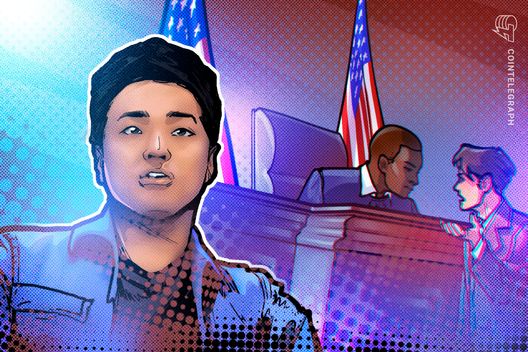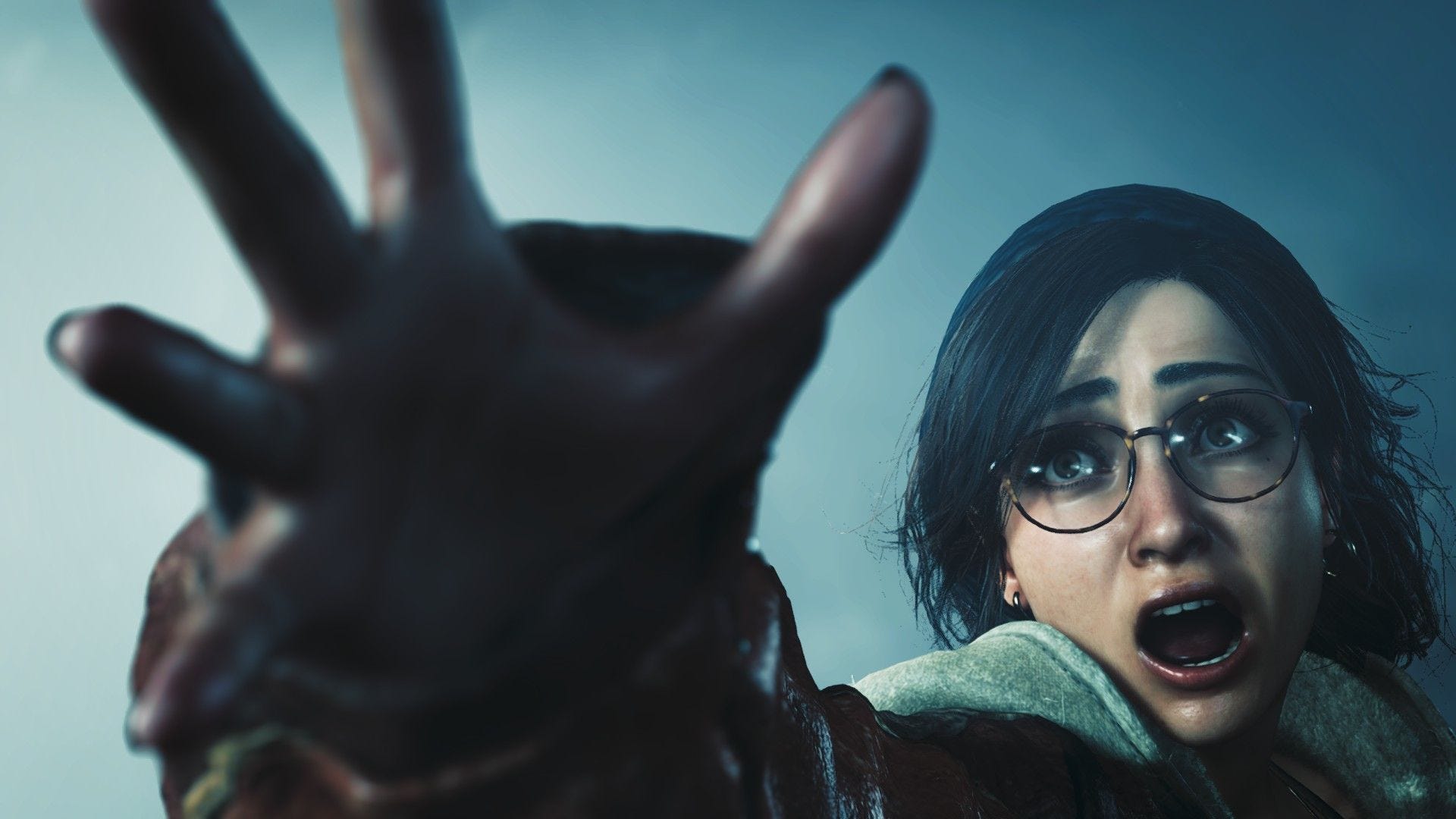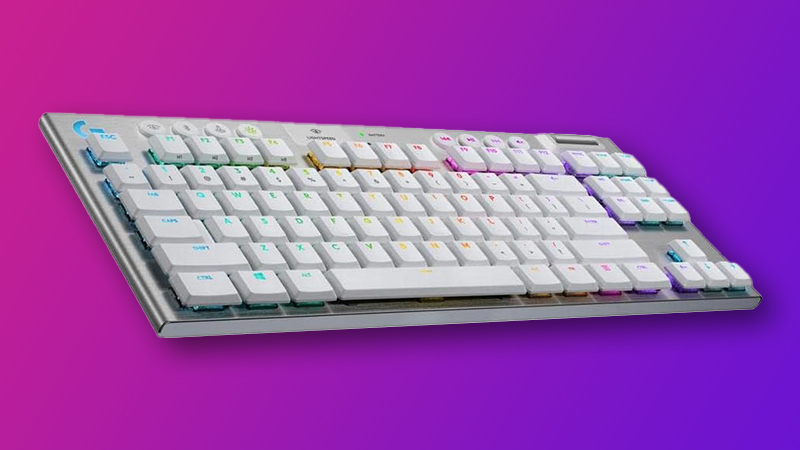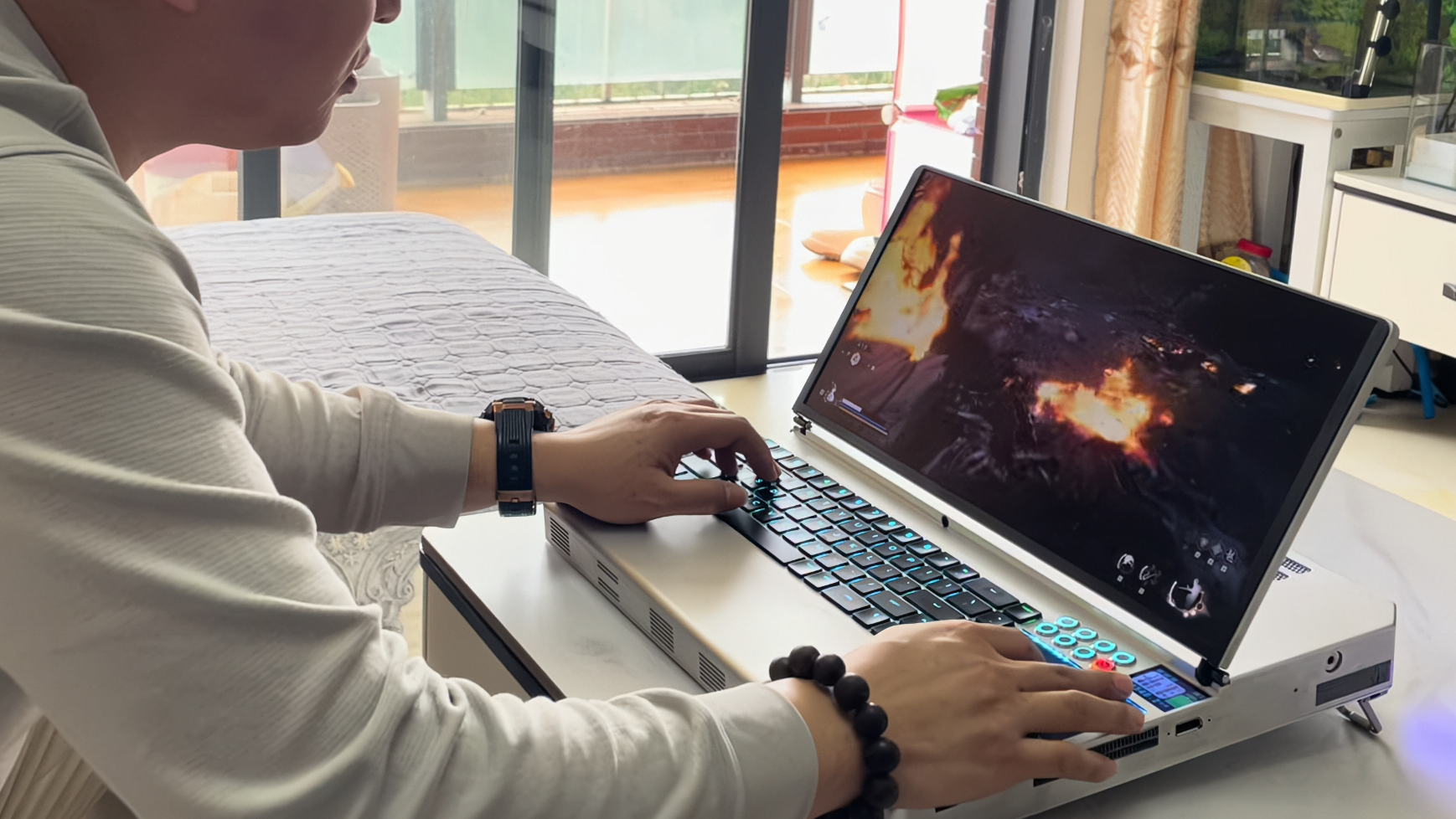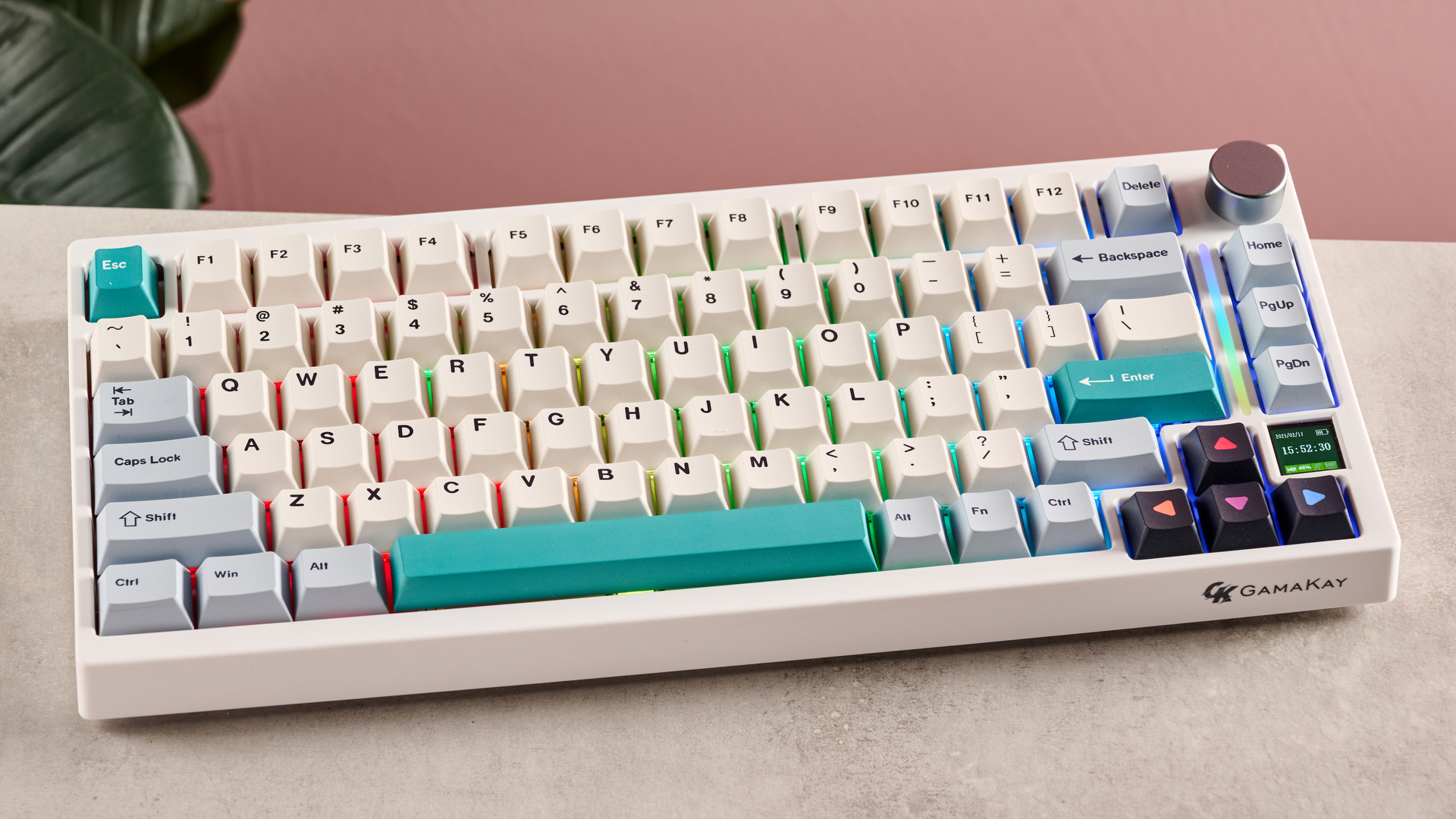UK House of Lords backs amendment to AI bill thanks to peer vote that forces companies to reveal copyrighted material used in training AI models
The UK government doesn't seem to want to give people credit for their work in the name of progress. How good is the British museum, btw?
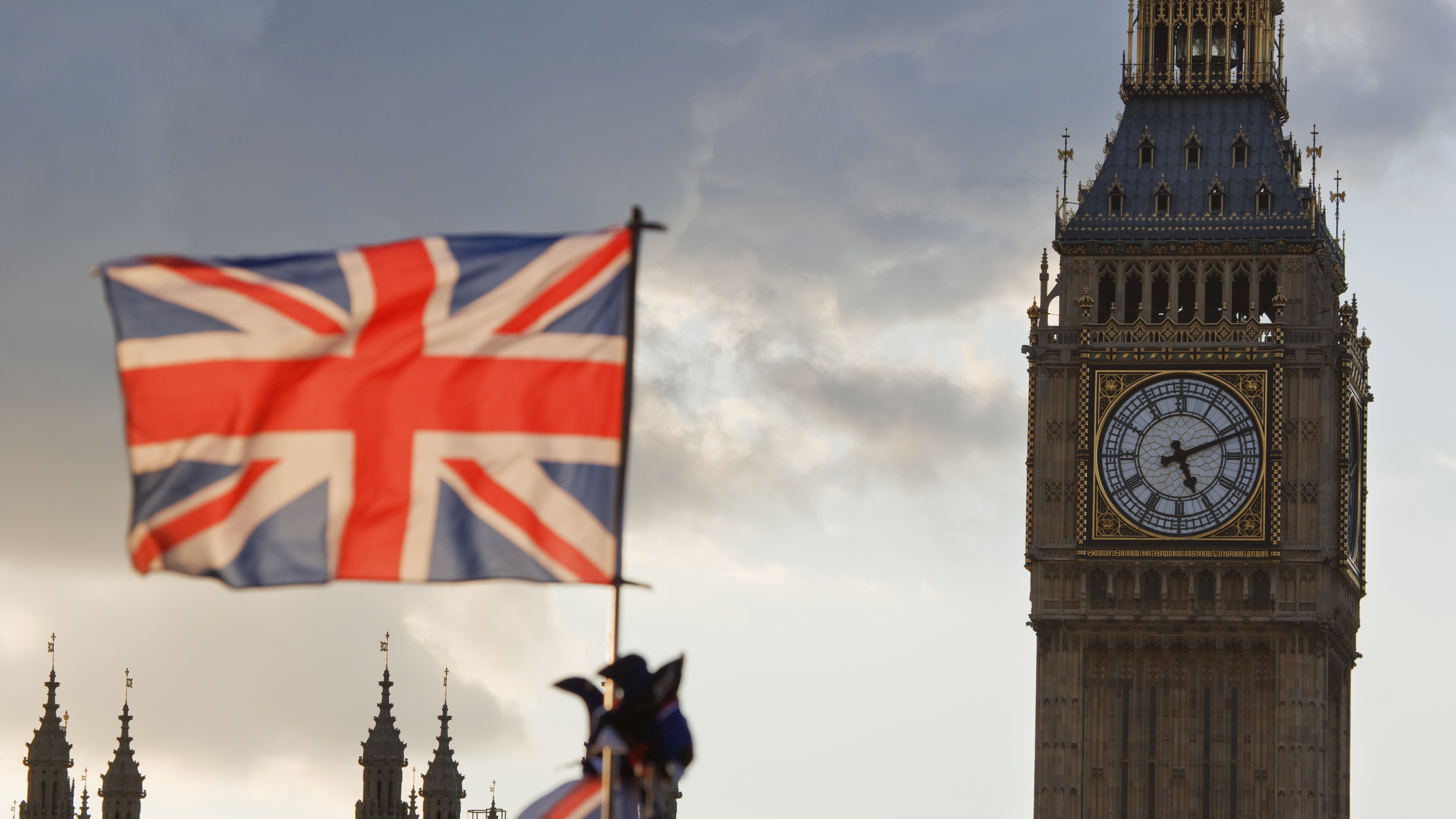
In a sentence that reads like something out of a very derivative sci-fi novella, peers in the House of Lords have pushed back against the United Kingdom government's bill around training AIs. Yes, this is exactly the kind of future I imagined living in. Not the cool one with flying electric vehicles.
As the Guardian reports, the UK is looking to make it legal to train AI on copy-write protected materials, as long as the owners don't specifically object. This opt-out approach was rightly pointed out to be too cumbersome by critics of the movement. In some cases you'd have to get lucky to even know about the AI that's using your work, let alone have the savvy to contest it.
The argument in favour used by the UK government is that we're currently slowing both artistic and technological advancements by placing such restrictions on training AI. It's likely mirroring other governments concerns over the growing supremacy of China's DeepSeek LLM and other speedy developments in the industry. Still, as an artist, this reeks of not wanting to pay people for their work rather than driving an industry forward.
While the government is concerned over global advancement, individuals and artists worries are around ownership of work. It's a common problem that's cropping up with these kinds of AIs, like in the court case where Sarah Silverman sued Meta over voice training.
In the days leading up to the vote in the House of Lords prominent artists and groups protested the move. These included the likes of Paul McCartney, Jeanette Winterson, Dua Lipa and the Royal Shakespeare Company who called for the government to oppose the bill, asking that they don't “give our work away at the behest of a handful of powerful overseas tech companies”.
At the vote an amendment was tabled by crossbench peer Beeban Kidron, which added the requirement for AI companies to reveal which copyrighted material is used in their models. The amendment was passed, despite government opposition, by 272 votes to 125.
Lady Kidron said: “I want to reject the notion that those of us who are against government plans are against technology. Creators do not deny the creative and economic value of AI, but we do deny the assertion that we should have to build AI for free with our work, and then rent it back from those who stole it."
“My lords, it is an assault on the British economy and it is happening at scale to a sector worth £120bn to the UK, an industry that is central to the industrial strategy and of enormous cultural import.”
Assuming the government still goes ahead with the horrible opt out method, this should at least make it easier for people to find out if their work has been cannibalised by AI. Plus forcing the acknowledgement of these training methods is at least some form of credit to the creators. This is, of course, all assuming these firms are honest in their reporting and don't find some other legal loophole in the meantime.

Best gaming monitor: Pixel-perfect panels.
Best high refresh rate monitor: Screaming quick.
Best 4K monitor for gaming: High-res only.
Best 4K TV for gaming: Big-screen 4K PC gaming.

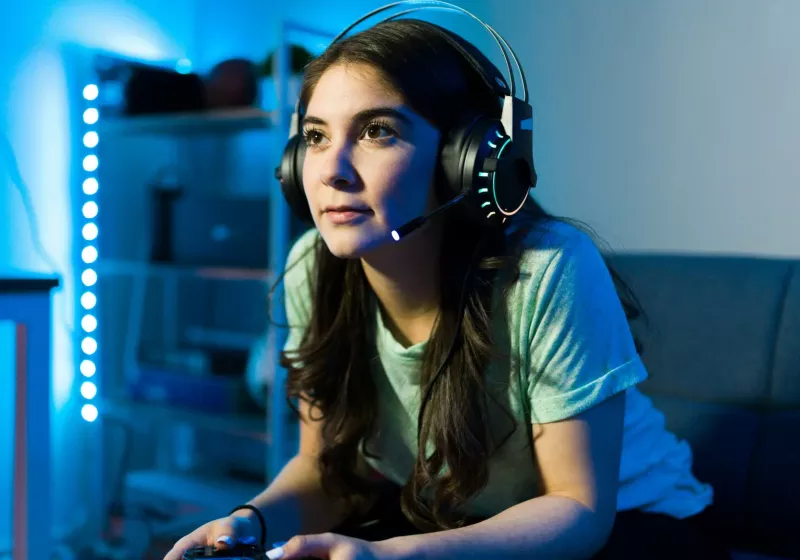
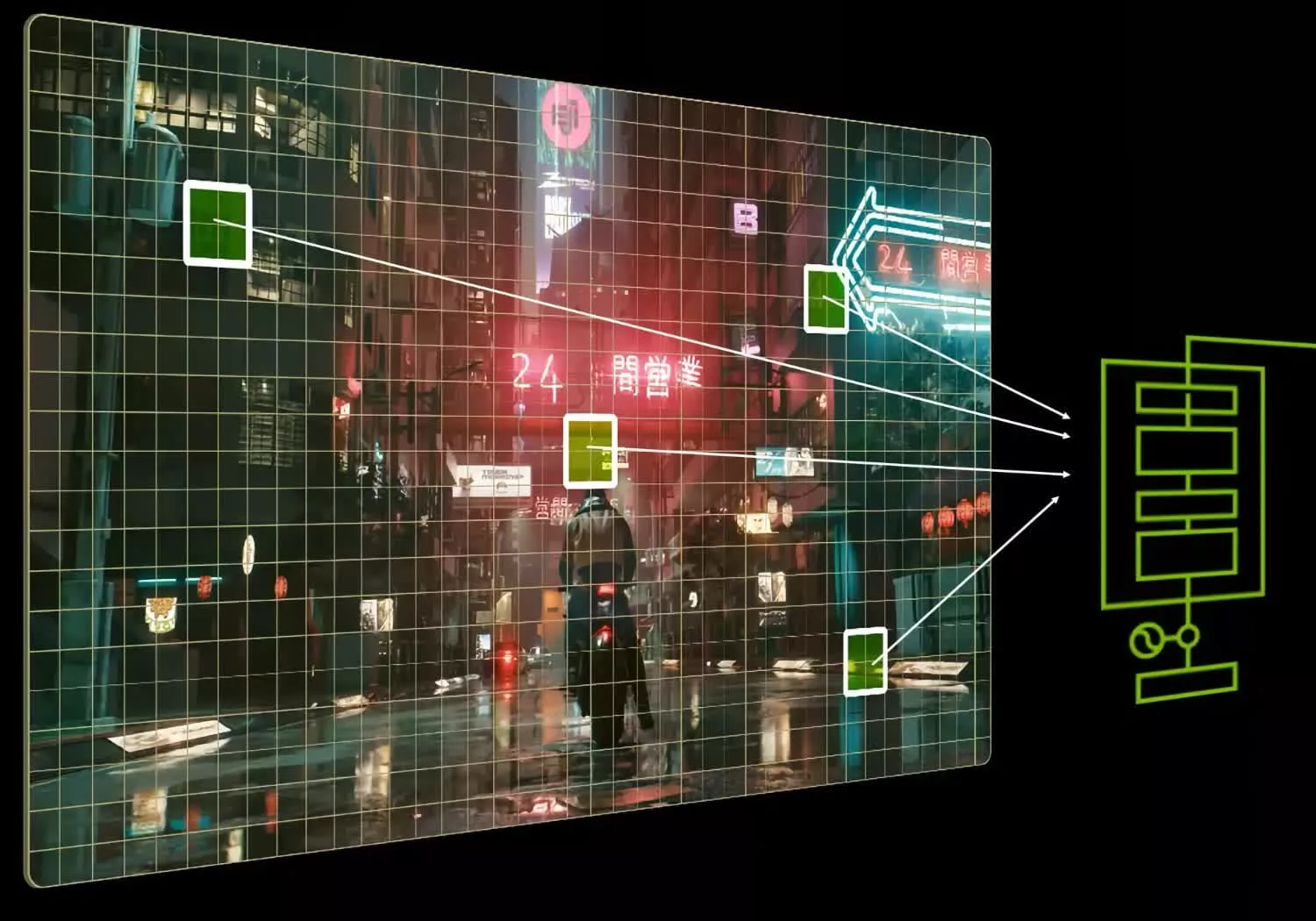


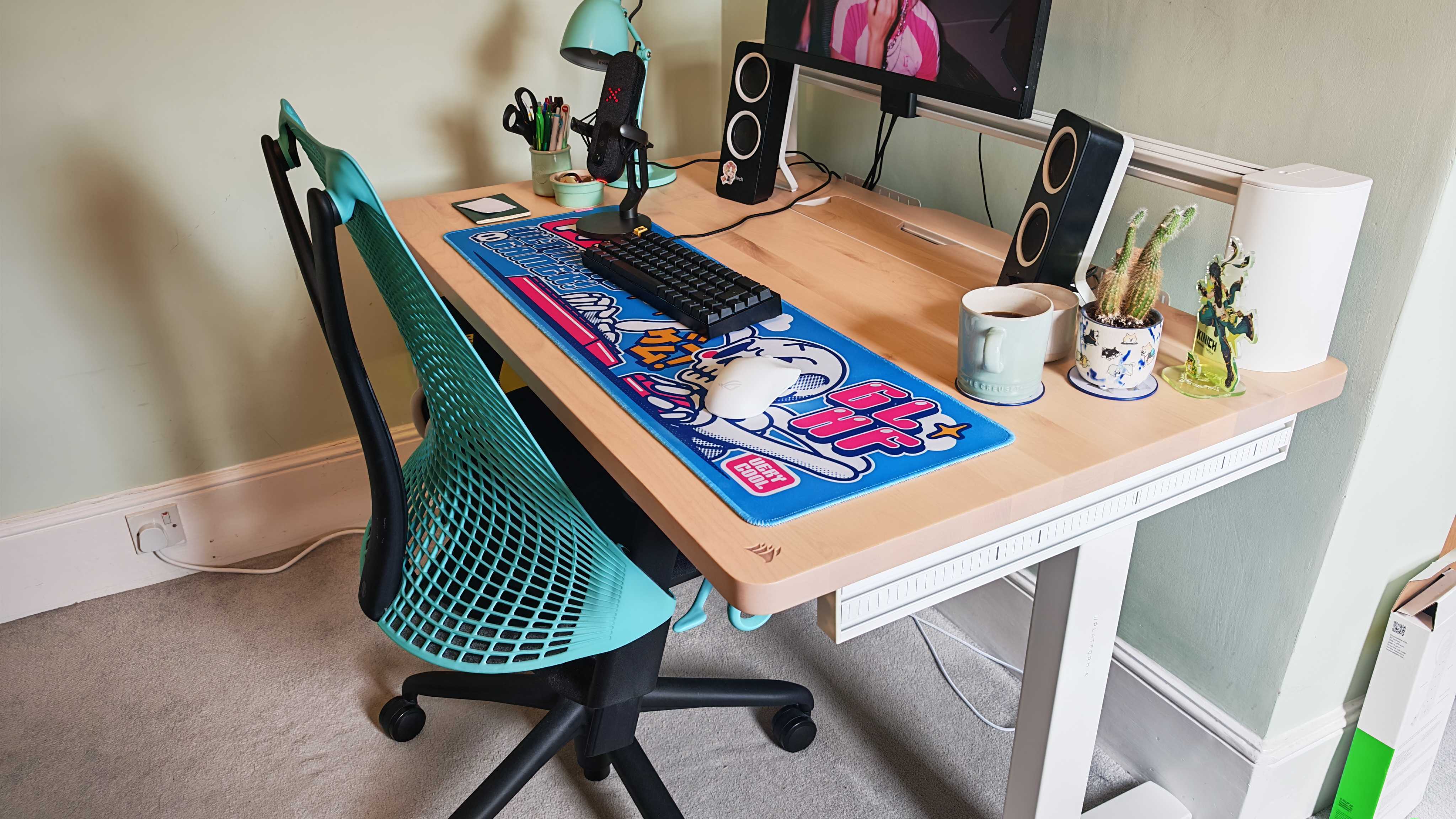

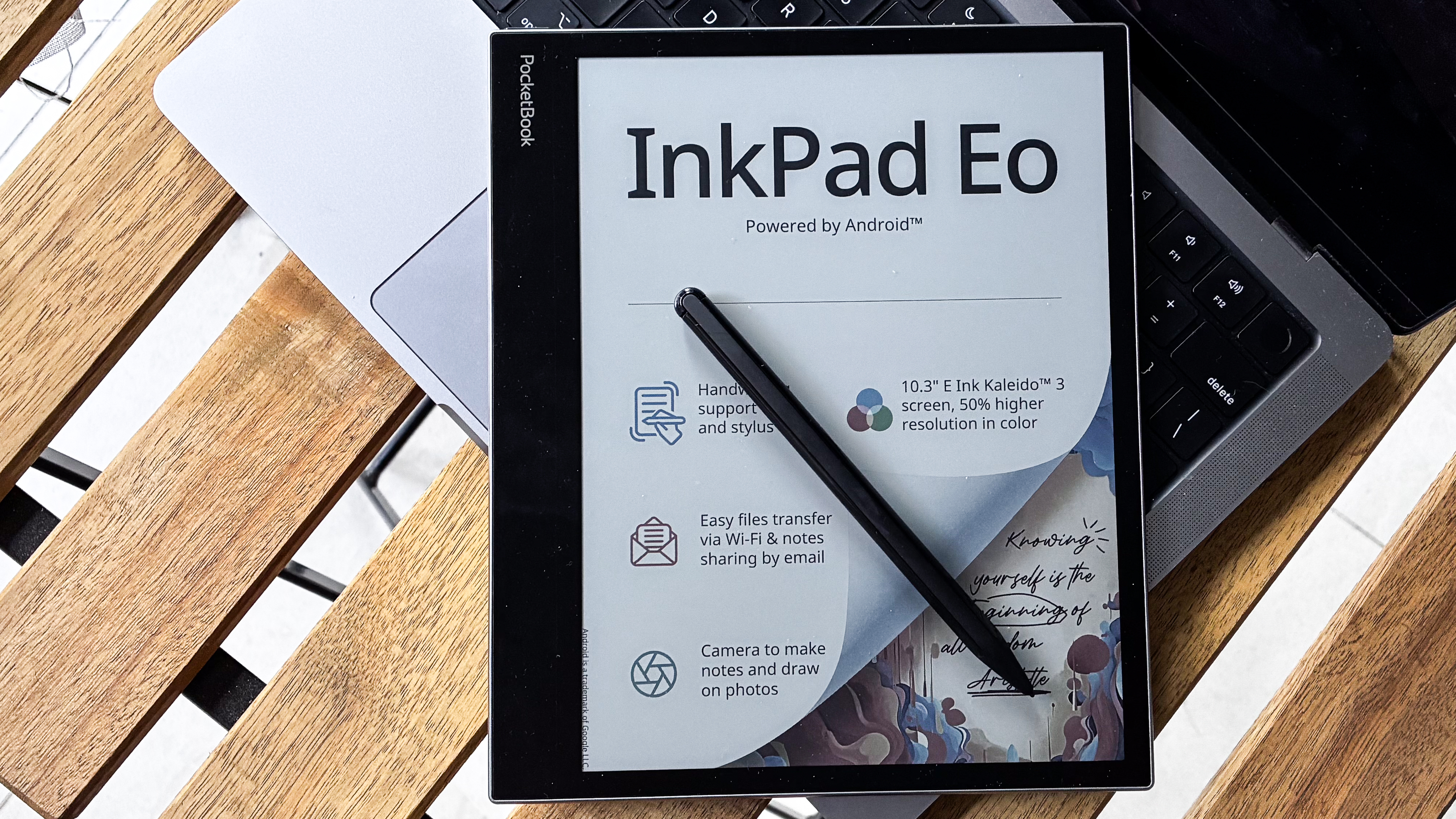
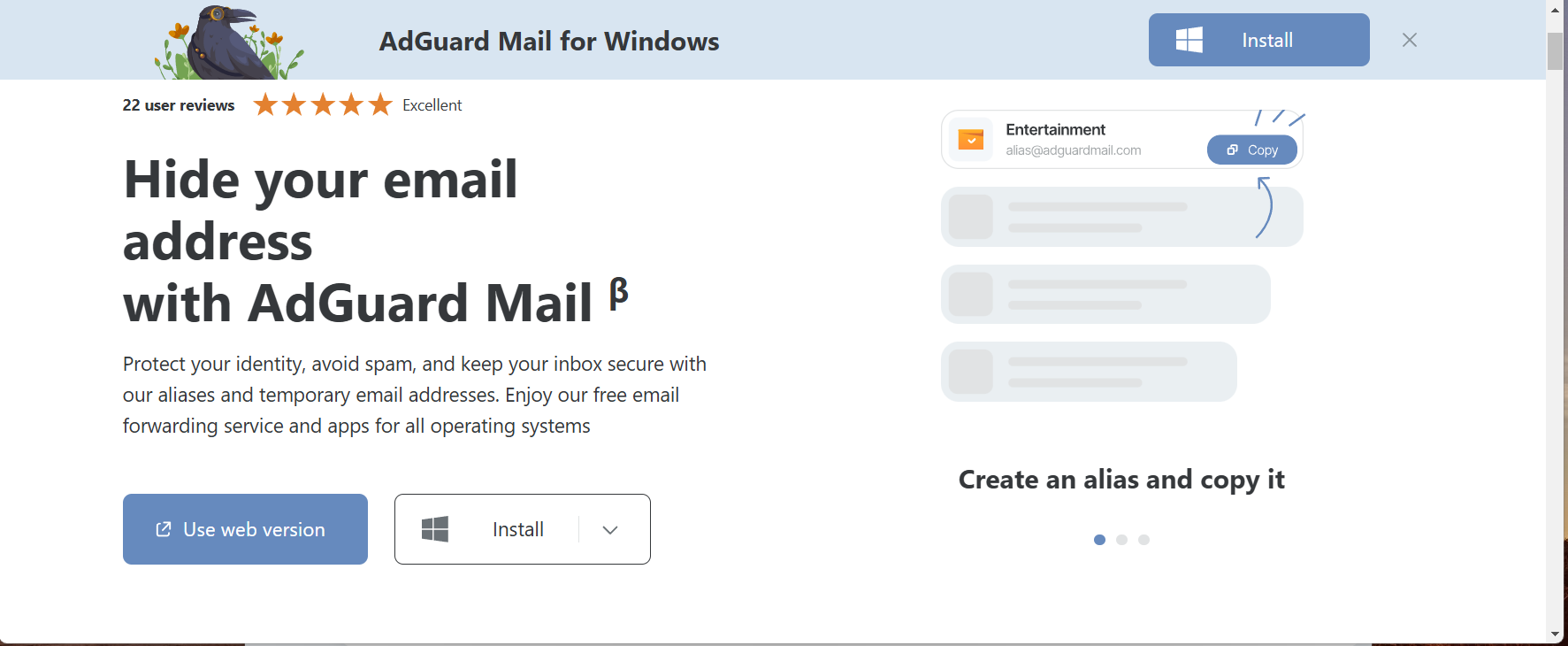
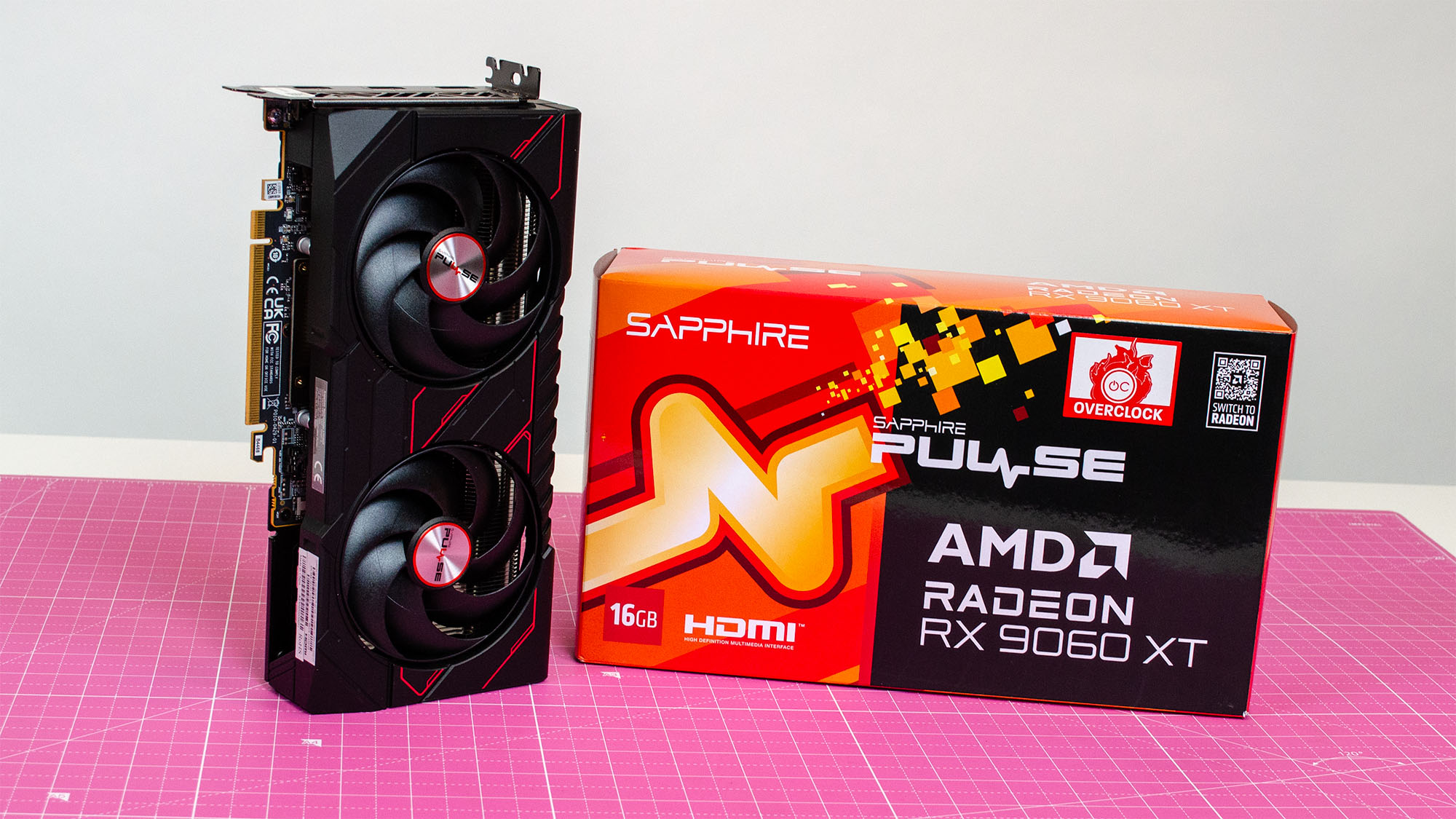



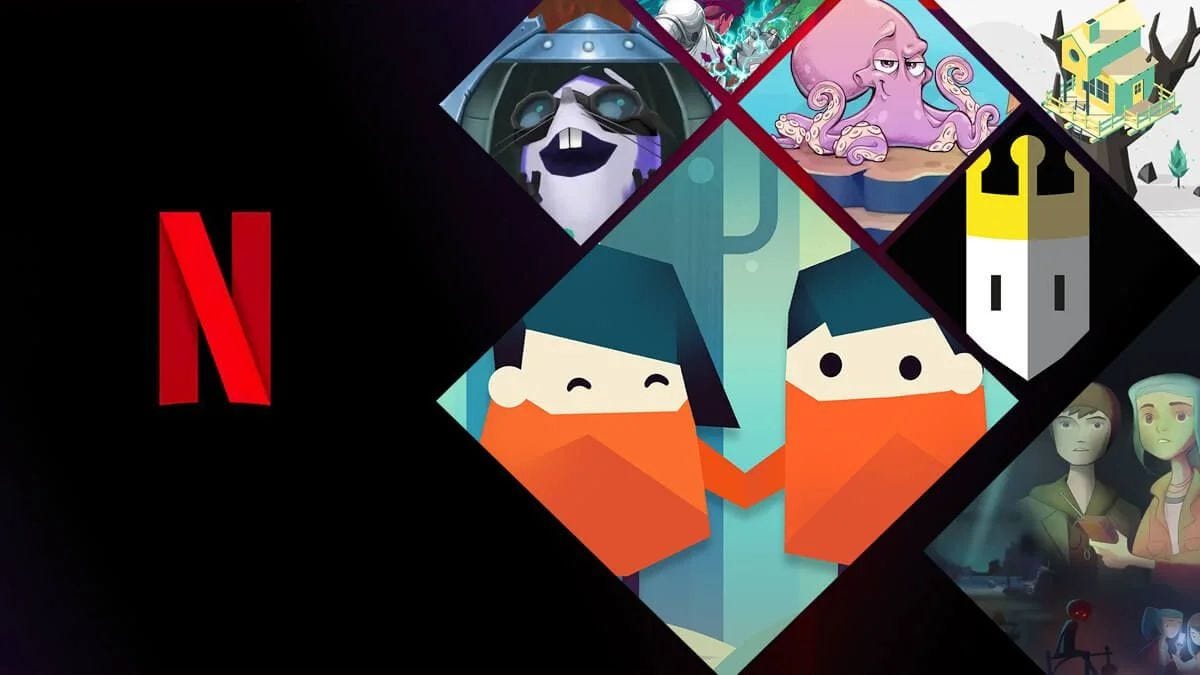
![This Switch 2 Accessory Is Making Fans Drop Their Consoles And The Manufacturer's Response Is Only Making Things Worse [Update: Everyone's Getting Free Upgraded Joy-Con Grips Following Death Threats]](https://i.kinja-img.com/image/upload/c_fill,h_675,pg_1,q_80,w_1200/d26954494c474d4929b602da22e51149.gif)







